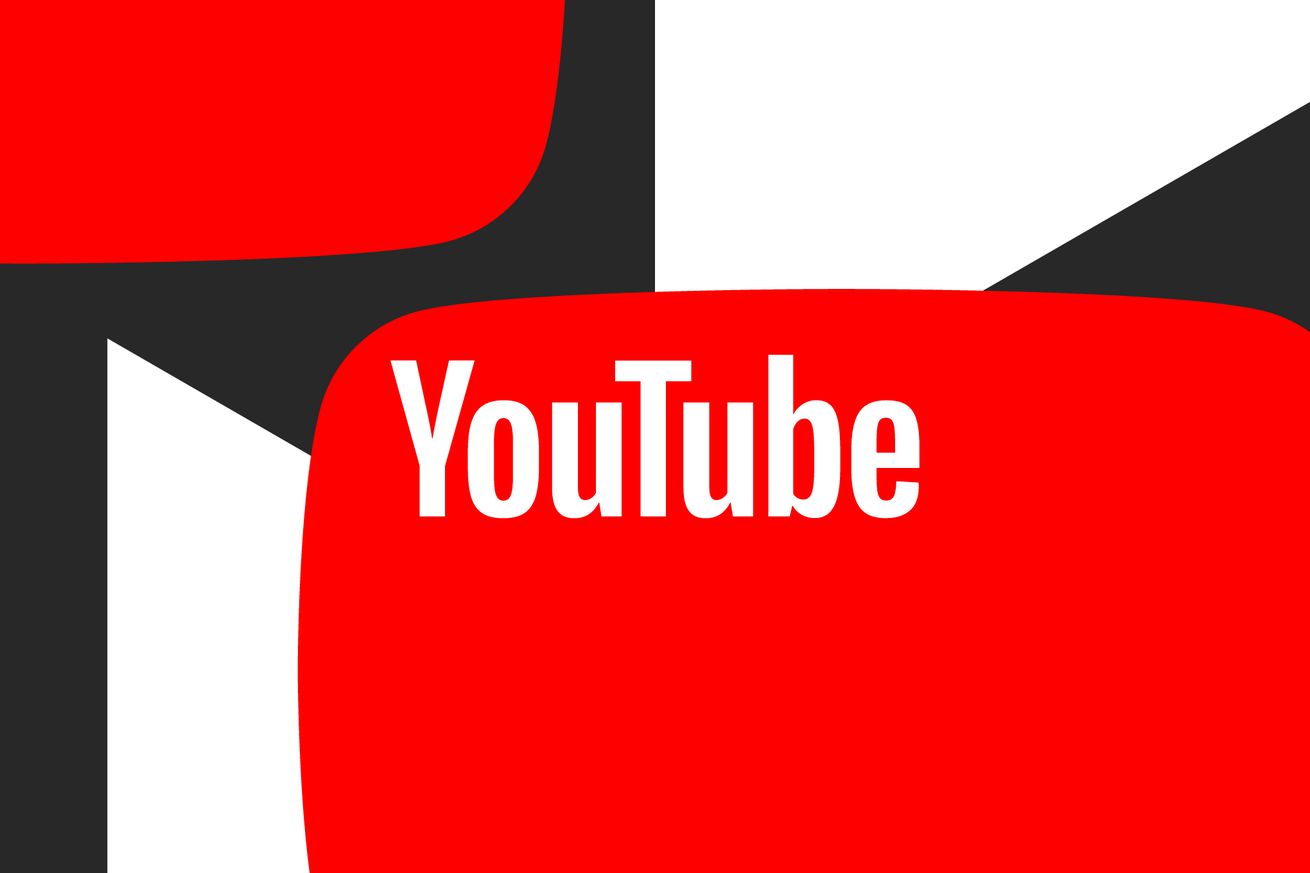
YouTube tests disabling videos for people using ad blockers
YouTube is throwing a major wrench into video playback for viewers who are using ad blockers. The company has confirmed to The Verge that it’s currently running “a small experiment globally that urges viewers with ad blockers enabled to allow ads on YouTube or try YouTube Premium.”
The statement comes after some people began noticing a new prompt warning that video playback could be cut off if YouTube detects repeated use of ad blocking tools. Android Authority earlier reported on those tests, which prevent viewers from watching more than three videos when an ad blocker is active.
“Ad blocker detection is not new, and other publishers regularly ask viewers to disable ad blockers,” Google spokesperson Oluwa Falodun told The Verge by email. YouTube insists that users will receive multiple notifications urging them to cease using the tools — or, alternatively, subscribe to YouTube Premium — before any of their viewing is disrupted.
YouTube says viewers will receive multiple warnings before playback is disrupted
“We take disabling playback very seriously, and will only disable playback if viewers ignore repeated requests to allow ads on YouTube,” Falodun’s email to The Verge reads. “In cases when viewers feel they have been falsely flagged as using an ad blocker, they can share this feedback by clicking on the link in the prompt.”
These measures indicate that YouTube is hardening its stance against ad blockers, and it’s justifying the move by saying all of those ad spots are critical for creators to be compensated for their content — and for the platform to remain free. “YouTube’s ad-supported model supports a diverse ecosystem of creators, and provides billions of people globally access to content for free with ads,” the company’s statement says.
YouTube has increasingly tested the patience of its users by experimenting with heavier ad load in recent years. Last September, the company served up to 10 unskippable clips within a single ad break in another of its experiments. And in May, YouTube announced that 30-second ads were coming to TV platforms.
YouTube Premium removes ads from the service (and includes other benefits like offline downloads and YouTube Music Premium) for the price of $11.99 per month or $119.99 annually. Last November, the company announced that it surpassed 80 million combined subscribers across YouTube Premium and YouTube Music. So while protecting creators’ earnings is a charitable excuse to go with, the company has every interest in steering more people toward its recurring monthly subscription.
“We want to inform viewers that ad blockers violate YouTube’s Terms of Service, and make it easier for them to allow ads on YouTube or try YouTube Premium for an ad free experience,” the company said in its email to The Verge.

